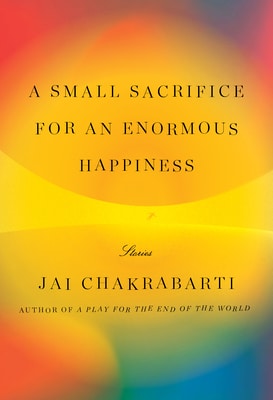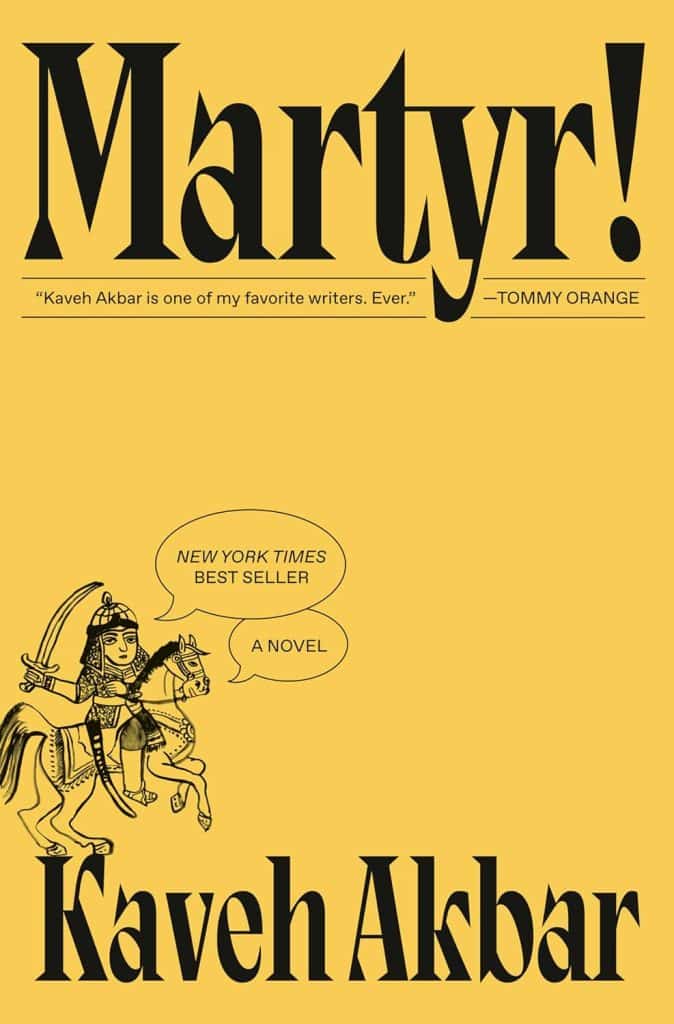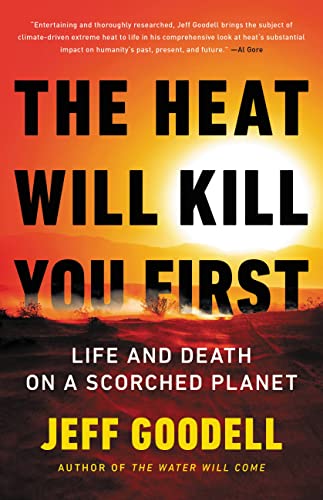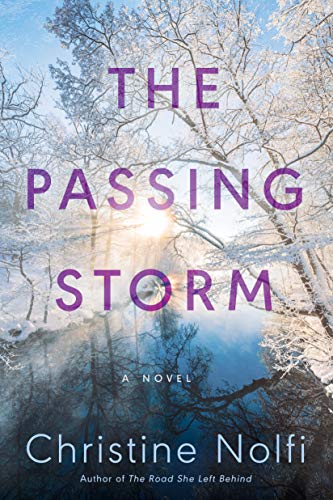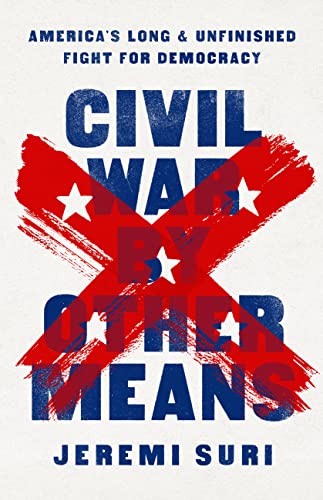
Civil War by Other Means
Estimated reading time: 2 minutes, 20 secondsCivil War by Other Means: America’s Long and Unfinished Fight for Democracy by Jeremi Suri is the perfect book to help us understand our failures at creating a multi-racial democracy in the nineteenth century and how this has weakened and divided our nation. Jeremi Suri chronicles the events after the civil war, from Lincoln’s assassination to Garfield’s, and how they were a continuation of the war by other means.
I purchased a signed copy and watched a video presentation by Dr. Suri due to my membership at One Day University. Civil War by Other Means is a vivid and unsettling portrait of a country striving to rebuild itself but unable to compromise on or adhere to the most basic democratic tenets.
I highly recommend Civil War by Other Means: America’s Long and Unfinished Fight for Democracy by Jeremi Suri.
In addition, the documentary, on Apple TV+, Lowndes County and the Road to Black Power is a companion piece that illustrates the continued failure to create a multi-racial democracy. Jeremi Suri makes a convincing case that the eternal struggle for democracy continues in our time.
The Goodreads summary provides an overview,
In 1865, the Confederacy was comprehensively defeated, its economy shattered, its leaders in exile or in jail. Yet in the years that followed, Lincoln’s vision of a genuinely united country never took root. Apart from a few brief months, when the presence of the Union army in the South proved liberating for newly freed Black Americans, the military victory was squandered. Old white supremacist efforts returned, more ferocious than before.
In Civil War by Other Means, Jeremi Suri shows how resistance to a more equal Union began immediately. From the first postwar riots to the return of Confederate exiles, to the impeachment of Andrew Johnson, to the highly contested and consequential election of 1876, Suri explores the conflicts and questions Americans wrestled with as competing visions of democracy, race, and freedom came to a vicious breaking point.
What emerges is a vivid and, at times, unsettling portrait of a country striving to rebuild itself but unable to compromise on or adhere to the most basic democratic tenets. What should have been a moment of national renewal was ultimately wasted, with reverberations still felt today. The recent shocks to American democracy are rooted in this forgotten, urgent history.
The Jan Lilien Education Fund sponsors ongoing sustainability and environmental awareness programs. Gifts made this month; I will match dollar-for-dollar. All donations are tax-deductible.
I receive a commission when you buy a book or product using a link on this page. Thank you for supporting Sharing Jan’s Love blog.


